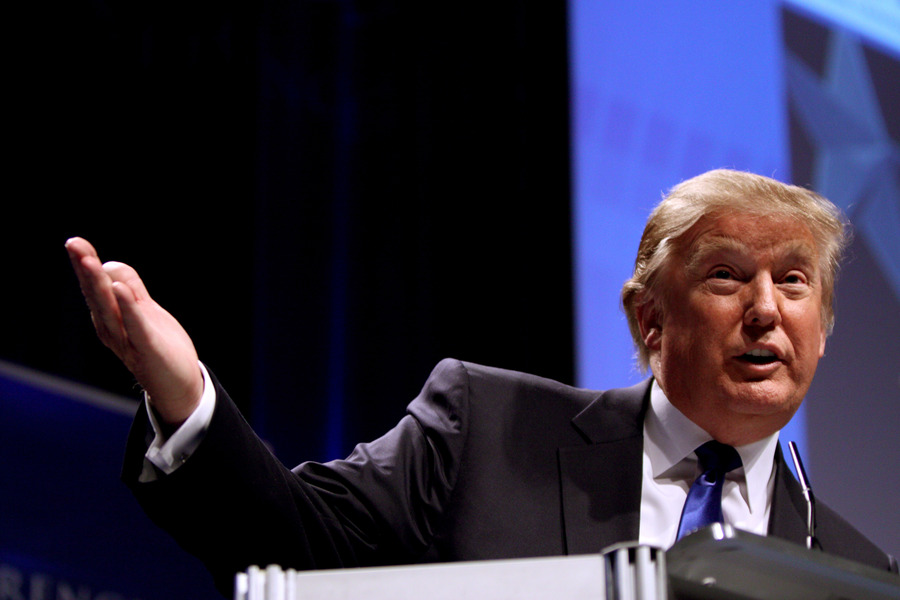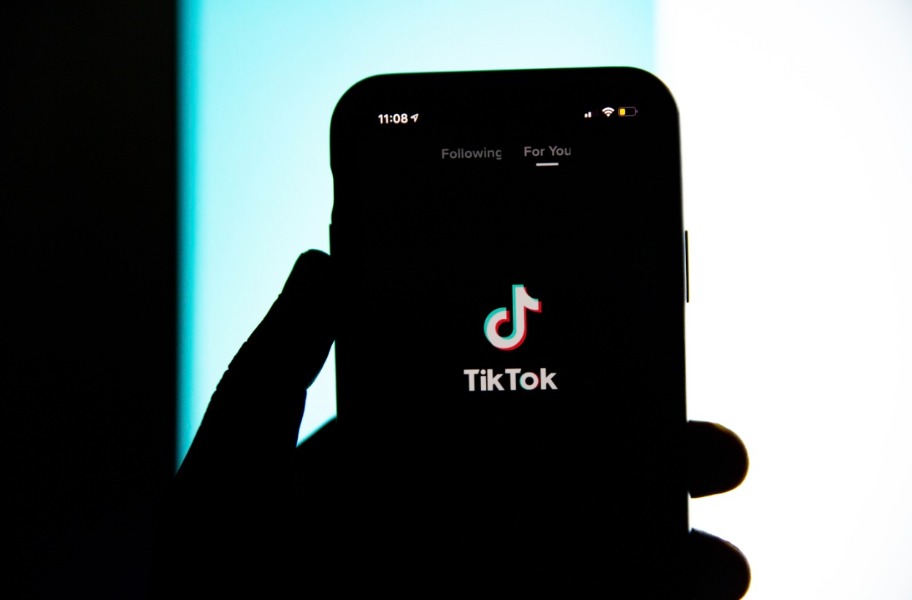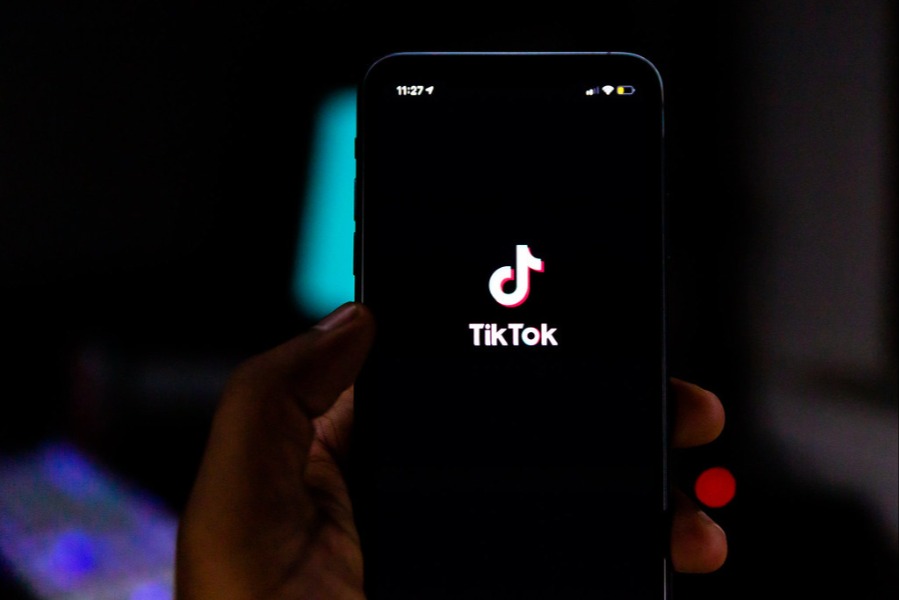Can Trump Save TikTok?

Published by The Lawfare Institute
in Cooperation With

Although former president (and now president-elect) Donald Trump tried to ban TikTok during his first term in office, he came out against a ban during the 2024 campaign. The reasons for his flip-flop are unclear: Possibly it was a play for the youth vote, given TikTok’s popularity with young Americans, and possibly it was because one of Trump’s megadonors, billionaire financier Jeff Yass, has a large stake in ByteDance, TikTok’s parent company. But whatever the reason, Trump’s victory in last week’s presidential election raises the question of what, if anything, he can do to help TikTok as it fights the Protecting Americans from Foreign Adversary Controlled Applications Act (PAFACAA), which Congress passed with overwhelming bipartisan support earlier this year and which would ban TikTok from the United States unless ByteDance divests its stake in the company.
TikTok is currently challenging the law on First Amendment grounds in the U.S. Court of Appeals for the D.C. Circuit, but, if oral argument is any indication, it is likely to lose. And (at least in my view) the Supreme Court is unlikely to strike down the law either. Thus, if TikTok wants to avoid being banned on Jan. 19, 2025, the day PAFACAA comes into effect (and, coincidentally, the day before Trump is inaugurated for a second term), it will need Trump’s help. And while there’s no guarantee that Trump can come through for the company (or even that he will ultimately want to), Trump’s reelection represents TikTok’s best hope for a reprieve.
Although PAFACAA is aimed at TikTok, the enforcement mechanism targets app stores and cloud service providers that distribute the TikTok app and host its servers. Violations are punishable by civil fines of up to $5,000 per user who accesses TikTok. This enforcement structure means that the future of TikTok in the United States ultimately lies with the general counsels and compliance officers of companies like Apple (which runs the iOS app store) and Oracle (which provides cloud hosting for TikTok), who would need sufficient comfort that they will not be breaking the law in order to advise their CEOs that continuing to provide access to TikTok is in the company’s best interest.
With this in mind, there are three ways that Trump could act to help TikTok.
First, and most straightforwardly, Trump could try to convince Congress to repeal PAFACAA. This would conclusively resolve any questions of legal liability, but it would be a heavy lift. It would require Trump to get many GOP politicians to switch their votes (PAFACAA passed 360-58 in the House, with only 15 Republicans voting against it) and would likely require the GOP to eliminate the filibuster in the Senate to overcome Democratic opposition (in the Democratic caucus, only Jeff Merkley of Oregon and Bernie Sanders of Vermont voted against it). In addition, any repeal would have to be one of the first laws, if not the very first one, that the new Congress enacts, in order to avoid the TikTok ban entering force. None of this is impossible per se, but it would require a level of focus, effort, and expenditure of political capital that Trump is unlikely to want to or even be capable of expending, whether on this or—let’s be realistic—most other policy issues.
A second option would be for Trump to publicly direct his new attorney general, whom PAFACAA tasks with enforcing the ban, not to enforce the law. But if I were a Silicon Valley general counsel, this would not fill me with confidence, both because Trump is very mercurial and also because hosting TikTok or distributing its app would still involve breaking the law.
The third and most interesting option would be to simply declare, whether it’s true or not, that ByteDance has performed a “qualified divestiture” of TikTok. Here’s the relevant provision of the statute:
(6) QUALIFIED DIVESTITURE.—The term “qualified divestiture” means a divestiture or similar transaction that—
(A) the President determines, through an interagency process, would result in the relevant foreign adversary controlled application no longer being controlled by a foreign adversary; and
(B) the President determines, through an interagency process, precludes the establishment or maintenance of any operational relationship between the United States operations of the relevant foreign adversary controlled application and any formerly affiliated entities that are controlled by a foreign adversary, including any cooperation with respect to the operation of a content recommendation algorithm or an agreement with respect to data sharing.
The key language here is “the President determines.” This raises the possibility that, as long as ByteDance goes through the motions of reshuffling some details of its ownership stake in TikTok, the statute gives the president sole discretion to determine whether a “qualified divestiture” has occurred. After all, the interagency works for him and almost anything can count as a “process.”
This is certainly not the only possible reading of the statute—nor even necessarily the most plausible one, since giving the president unreviewable discretion would frustrate the clear purpose of the statute (and the statute’s careful definition of terms like “controlled by a foreign adversary”). But a straightforward reading of the text gives the president a lot of leeway, and a court could rely on that to decline to look into whether the determination that a qualified divestiture took place was based in reality—or at the very least to give the president a lot of deference as to the question.
But even if the better reading of the statute is that the president’s determination is reviewable, challenging it in court may prove difficult. After all, neither TikTok, its users, nor ByteDance would sue. And Congress and its members would likely lack standing to sue, as would ordinary individuals.
Perhaps one of TikTok’s competitors, such as Meta (which operates Reels) or Google (which has YouTube Shorts), could bring a lawsuit on the grounds that allowing TikTok to stay in the country would harm them. Or in the alternative, an app store owner like Apple or a cloud service provider like Oracle might be able to bring a lawsuit seeking a declaratory judgment confirming that the president’s divestiture determination was valid. But these strategies carry legal risk and would in any case rely on the willingness of large companies to litigate against and potentially antagonize Trump.
For these reasons, I suspect that, if Trump decides that he wants to help TikTok, this option—formally declaring that a qualified divestiture has taken place even if it hasn’t—is the most likely one. But whether that is sufficient to give enough comfort to the Apples and Oracles of the world remains uncertain, and it should temper TikTok’s excitement at having its potential savior reoccupy the White House in a few months.





